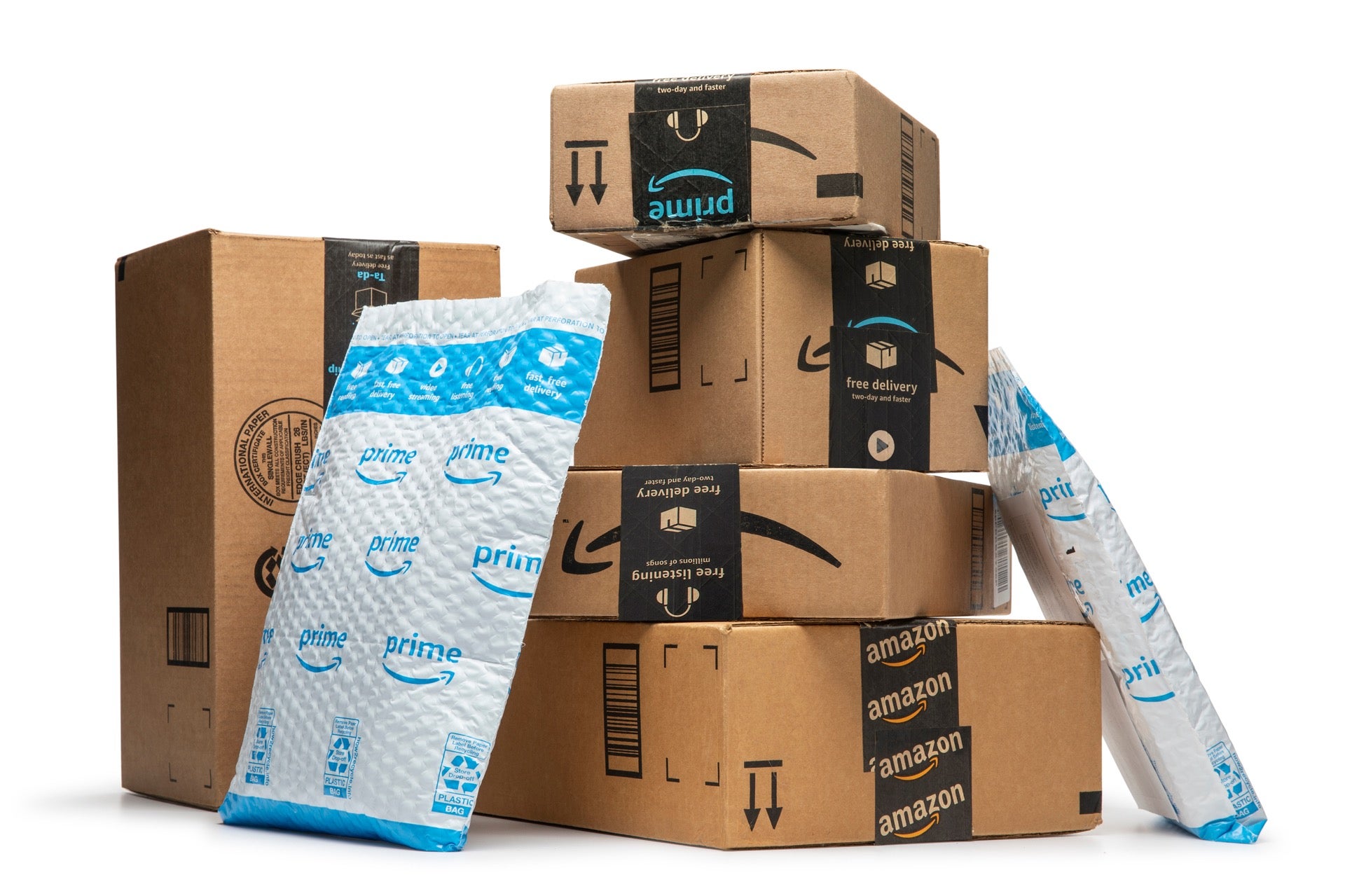
A hotly contested unionisation vote at an Alabama Amazon warehouse is coming to an end this week against a backdrop of mounting concern across several sectors regarding tech workers’ workplace conditions.
Monday marks the last day of voting for 5,800 workers at the Bessemer warehouse on whether or not they will form the ecommerce giant’s first US union. If successful, it could mark a dramatic shift in the power relations between Amazon and its some 800,000 stateside workers as more warehouses could soon follow. The tally of the vote will begin on Tuesday.
The vote has been going on over the past seven weeks. During that time, the Seattle-headquartered multinational has engaged in an intense union-bashing campaign to swing the vote in its favour. These efforts include putting up posters discouraging workers from voting yes, systematic text-messaging campaigns, negotiations with local authorities to change the time the traffic lights stay red outside the plant and thus restrict the time union supporters can engage with drivers, legal action against using postal votes, and an anti-union website.
In early March, the pro-union supporters called for a week of boycott where people were encouraged to not use any of Amazon’s services to demonstrate their backing of the unionisation efforts. It is unclear how efficient this push was.
Several high-profile individuals and celebrities have offered their support to the Bessemer workers, including President Biden, Republican senator Marco Rubio, Lethal Weapon actor Donny Glover, Rage Against the Machine rock guitarist Tom Morello, and different NFL players.
As the voting process comes to an end, Amazon is seemingly feeling the heat. Its PR team has recently adopted an increasingly combative approach against criticism. Last week, its communications department vehemently pushed back against any suggestion that its workers had been forced to urinate in bottles while on the job in order to save time and meet quotas.
How well do you really know your competitors?
Access the most comprehensive Company Profiles on the market, powered by GlobalData. Save hours of research. Gain competitive edge.

Thank you!
Your download email will arrive shortly
Not ready to buy yet? Download a free sample
We are confident about the unique quality of our Company Profiles. However, we want you to make the most beneficial decision for your business, so we offer a free sample that you can download by submitting the below form
By GlobalDataIn response to Republican congressman Mark Pocan tweeting about Amazon employees’ gruelling working conditions, the $1.5tn company’s public relations Twitter account shot back, denying the claims.
“You don’t really believe the peeing in bottles thing, do you? If that were true, nobody would work for us,” it said.
However, the tweet quickly backfired when workers leaked documents corroborating the claims to the media, demonstrating how the online shopping giant was aware and had actively created an environment where employees felt they couldn’t afford to go to the bathroom.
Amazon also clashed with several long-time critics – including senators Bernie Sanders and Elizabeth Warren – about the company’s labour and business practices.
The Twitter tirades from the communications team were a result of Jeff Bezos himself having expressed his dissatisfaction with the company’s response to recent criticism, according to Recode.
The Amazon vote comes to an end mere days after the National Labor Relations Board (NLRB) ordered Elon Musk to remove a 2018 tweet threatening workers who wanted to unionise. The NLRB said that Tesla had violated the law by “coercively interrogating” employees who had been organising as well as threatening to take away their stock options if they unionised, firing an employee who tried to form a union, and from banning employees from speaking with the press.
The end of the Bessemer unionisation vote also comes on the back of tech firms facing a growing backlash against their workplace practices. Over the years, tech businesses have been called out on their lack of diversity, failure to take sexual harassment seriously, and the gruelling working hours that are expected from staff members.
This criticism is set to come to a head over the next few years. A recent GlobalData report on what to look out for in the technology, media and telecoms industries highlighted that the pressure to change will force tech businesses to become more diverse, improve employees’ working conditions and to grow more sustainable. The report noted that pressure from lawmakers, the public, investors and workers will be particularly noticeable within the gig economy. Gig economy workers could soon enjoy more benefits than they have before as a result. Recent news stories seem to back this up.
In the UK, Uber recently made a U-turn by announcing that it would start to classify its riders as workers, having aggressively argued for years that its drivers were self-employed contractors and therefore not eligible to workplace benefits. The taxi-hailing business made the announcement after losing a highly publicised case in the Supreme Court in February. Its 70,000 UK drivers will now receive “at least” National Living Wage, which is currently £8.72 per hour, a payment of 12.07% of their earnings every two weeks in holiday pay, and automatic enrolment into a pension plan.
Deliveroo is another gig economy startup feeling the heat. The food delivery company is set to float on Wednesday 31 March. It is expecting to raise up to £8.8bn in its listing on the London Stock Exchange, marking one of the UK’s most highly anticipated initial public offerings this year. However, last week two of the country’s largest investors said they would not buy Deliveroo shares when it goes public, saying they “wouldn’t be comfortable that the way in which [Deliveroo’s] workforce is employed is sustainable.”




